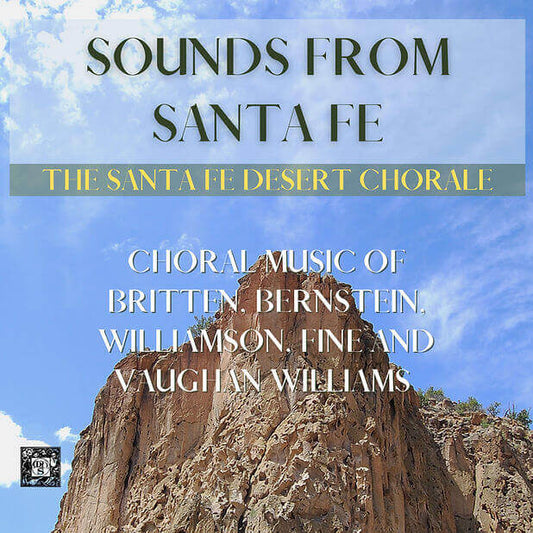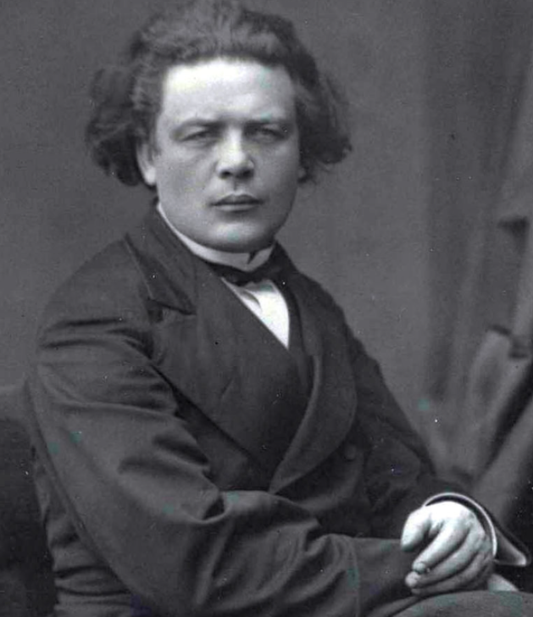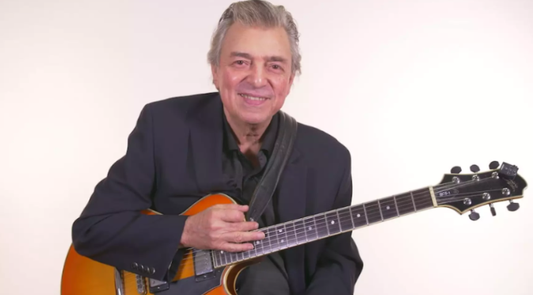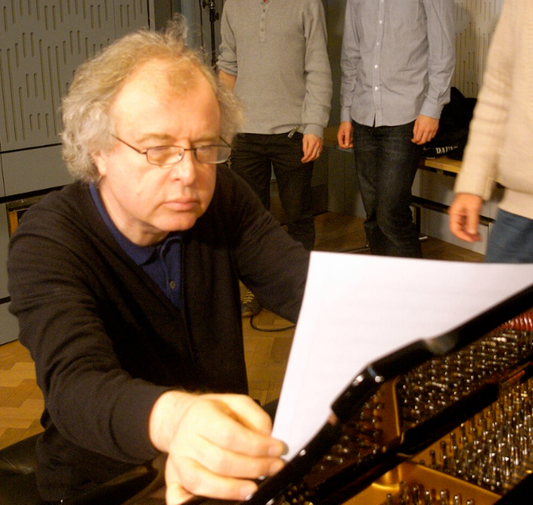Collection: RALPH VAUGHAN WILLIAMS (1872-1958)
Ralph Vaughan Williams (1872-1958) stands as a monumental figure in British music, a composer whose work is deeply entwined with the landscape, traditions, and spirit of England. For much of the 20th century, he was arguably the nation's most prominent composer, forging a distinctive musical language that drew heavily on native sources while embracing a broad, humanistic vision. His vast output, particularly his nine symphonies, revitalized English orchestral music and helped define a national musical identity.
Born into a privileged intellectual family (connected to both the Wedgwoods and the Darwins) in Down Ampney, Gloucestershire, Vaughan Williams received a broad education, studying at Charterhouse School, Trinity College, Cambridge, and the Royal College of Music. His teachers included established figures like Hubert Parry and Charles Villiers Stanford, but Vaughan Williams felt a profound need to discover a more authentically English voice, distinct from the dominant Germanic traditions. Further studies with Max Bruch in Berlin and, crucially, Maurice Ravel in Paris (who helped refine his orchestration) broadened his technical arsenal.
A pivotal moment came in 1903 when Vaughan Williams began collecting English folk songs. This immersion in the melodies, modes, and rhythms of traditional music was transformative. It wasn't merely about preservation; it became the bedrock of his own musical language, infusing his work with modal harmonies, flexible rhythms, and a characteristic melodic breadth that felt both ancient and new. Alongside folk music, he deeply absorbed the music of the English Renaissance, particularly Thomas Tallis and William Byrd, further enriching his harmonic palette and contrapuntal skill.
Early works like the song cycle On Wenlock Edge (1909) and the sublime Fantasia on a Theme by Thomas Tallis (1910) announced the arrival of a unique and powerful musical personality. The Tallis Fantasia, with its rich string textures and evocative use of antiphonal choirs, remains one of his most beloved works, perfectly capturing a sense of timeless spirituality rooted in the English past. His first two symphonies, A Sea Symphony (incorporating choir and texts by Walt Whitman) and A London Symphony, further established his reputation, showcasing his burgeoning orchestral mastery and ability to paint vivid sonic pictures.
Vaughan Williams’s service as a stretcher-bearer and later an artillery officer during World War I profoundly impacted him, deepening his humanism and perhaps contributing to the sometimes starker, more troubled character of his later music. The ethereal, seemingly tranquil Pastoral Symphony (No. 3), completed shortly after the war, is often interpreted as a poignant elegy for the lost generation and the scarred landscapes of France, though the composer resisted overly simplistic programmatic readings.
Over a long and remarkably productive career, Vaughan Williams composed prolifically across genres. His cycle of nine symphonies, composed between 1903 and 1957, forms the backbone of his output, each exploring vastly different emotional and musical territory – from the serene spirituality of the Fifth, through the violent dissonance of the Fourth and Sixth, to the icy soundscapes of the Sinfonia antartica (No. 7, derived from his film score for Scott of the Antarctic). Other enduring orchestral works include the idyllic The Lark Ascending and the popular Fantasia on Greensleeves.
He was also a master of choral music, composing works like the visionary Sancta Civitas, the moving Dona Nobis Pacem (a plea for peace), and the luminous Serenade to Music. His contribution to Anglican church music, including numerous hymn tunes (most famously Sine Nomine, "For All the Saints"), has had a lasting impact. Operas like Hugh the Drover and Sir John in Love further demonstrated his versatility.
Vaughan Williams’s musical style is characterized by its modal inflections, rich harmonies often built on parallel chords, strong melodic lines, and masterful orchestration. While often labelled ‘pastoral’, his music encompassed a vast range of expression, from gentle lyricism to brutal power. He remained deeply committed to music-making for all, composing for amateur groups and believing strongly in music's social function.
Dying in London in 1958, Ralph Vaughan Williams left a legacy that defined English music for generations. His ability to synthesize folk traditions, historical influences, and a deeply personal vision created a body of work that continues to resonate for its integrity, emotional depth, and enduring connection to the English soul.





